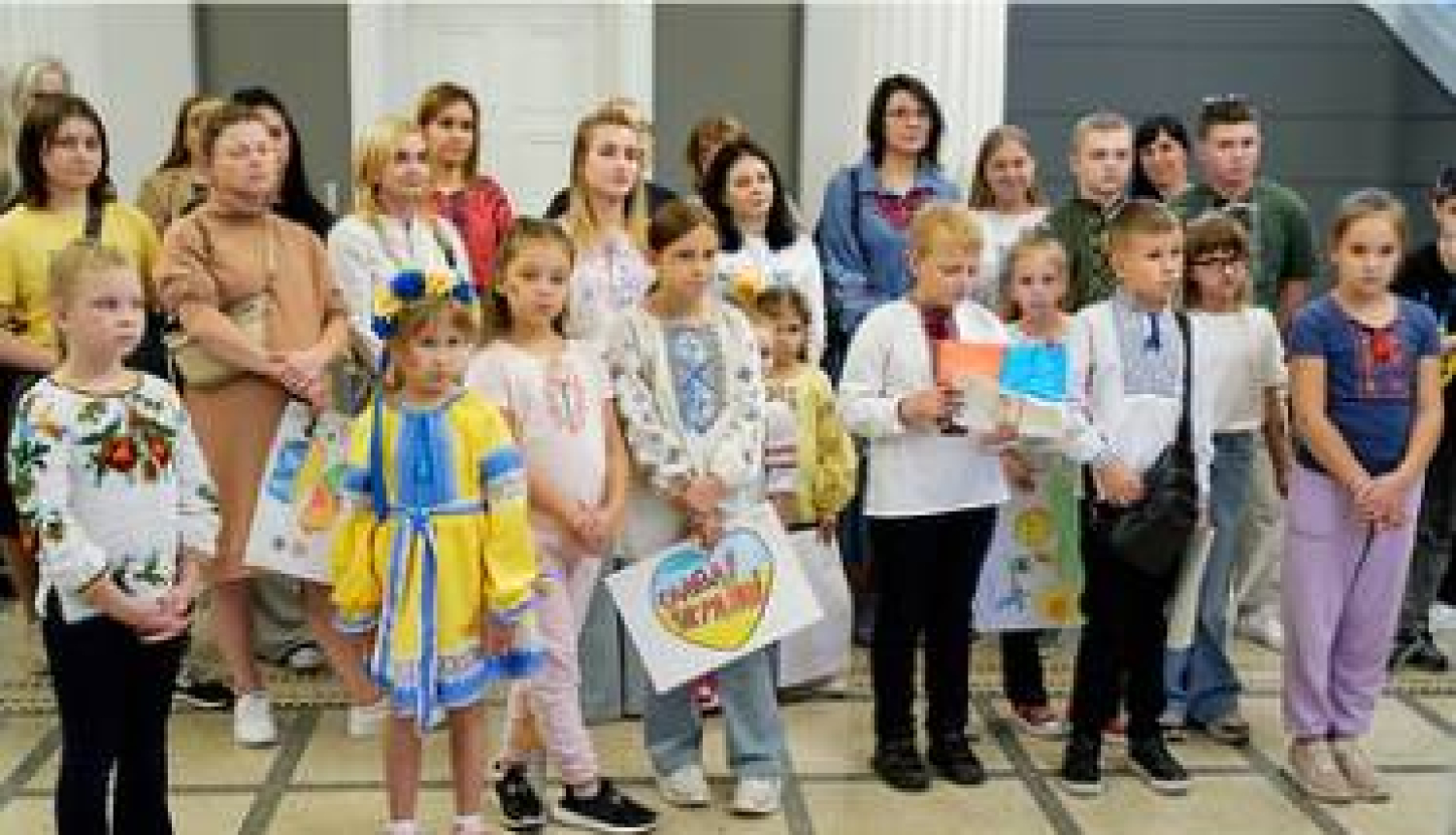On 9 May 2023, the Cabinet approved the priorities of the Latvian Presidency at the Council of Ministers of the Council of Europe: 1) strengthening of democracy and the rule of law; 2) promotion of freedom of expression, safety of journalists and digital agenda of the Council of Europe; 3) advancing reforms of the Council of Europe.
One of the main tasks of the Latvian Presidency will be to work on the practical implementation of the decisions of the Council of Europe’s summit in Reykjavik – strengthening the role and influence of the Council of Europe, addressing the current challenges in the field of human rights, providing the organisation’s support to Ukraine, including to achieve Russia’s international accountability for the crime of aggression in Ukraine.
Alongside the Presidency priorities, the government approved the specific measures planned to implement those priorities. The Latvian Presidency is to include 17 themed events, which will be funded under the 2023 budget allocations, including from additional funding granted to the cross-sectoral priority event titled “The Latvian Presidency of the Council of Europe in 2023”. Several events will be organised with financial support from the Council of Europe. Line ministries and other state institutions, the Constitutional Court and the Supreme Court, the Ombudsman’s Office, the University of Latvia, as well as the non-governmental sector are involved in organising of the events.
The Saeima (the Latvian Parliament) delegation to the Parliamentary Assembly of the Council of Europe will have an important role to play in the implementation of the Presidency.
Background information
Latvia will take over the Presidency at the Committee of Ministers of the Council of Europe on 17 May 2023 during the 4th Summit of Heads of State and Government of the Council of Europe in Reykjavik, Iceland. This will be Latvia’s second Presidency since joining the organisation. Latvia assumes its Presidency for the period of six months, during which the Latvian Foreign Minister will be the Chair of the Committee of Ministers of the Council of Europe. The duties of the Minister of Foreign Affairs will include reporting to the Parliamentary Assembly of the Council of Europe (PACE) on the work of the Committee of Ministers as well as providing answers to questions from the parliamentarians.
The Council of Europe, created in 1949, is the oldest political organisation in Europe and includes 46 European countries. The organisation aims at building a common democratic and law-based space and safeguarding its fundamental values – human rights, democracy and the rule of law. Latvia joined the organisation in 1995.
More about Latvian Presidency at the Council of Ministers of the Council of Europe here.



